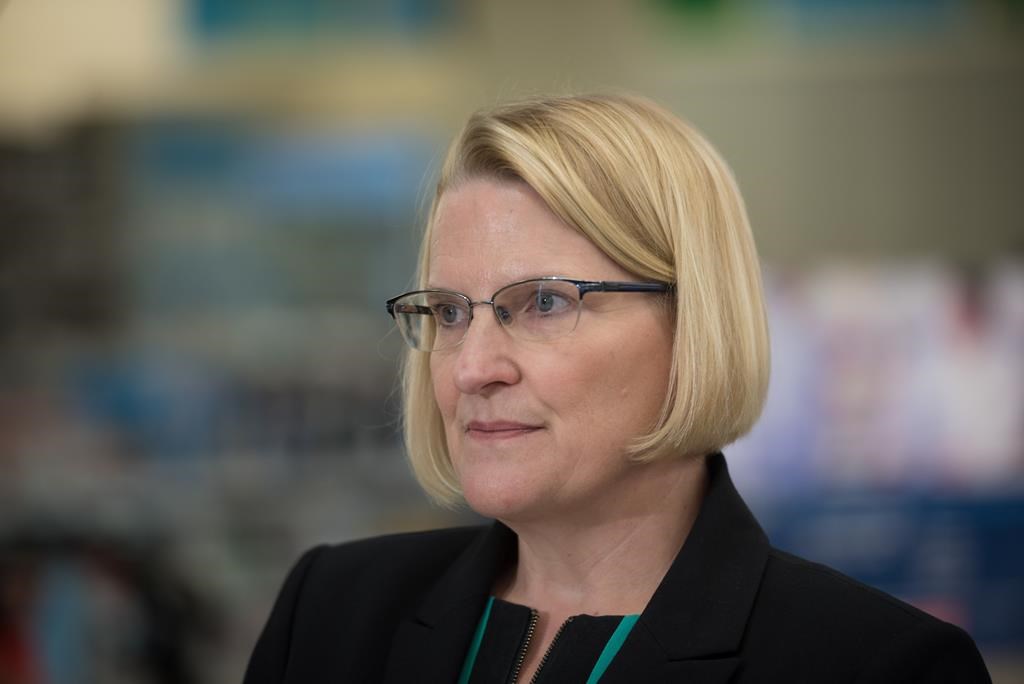TORONTO — Ontario renewed funding Thursday that helps rural and northern hospitals bolster emergency room staffing through the summer, but the program will end after this year, the government said.
The program helped avoid some temporary ER closures last summer, but while it expired on March 31, the government did not announce until Thursday that it would be renewed for another summer.
“The Ministry of Health recognizes that Emergency Departments in Northern and Rural areas continue to face significant health human resources pressures,” deputy minister of health Catherine Zahn wrote in a memo to eligible hospitals.
“To help address those pressures, Ontario is extending the program previously known as COVID-19 Temporary Summer Locum Program Expansion up to and including September 30, 2023.”
Many northern and rural hospitals rely on doctors from urban areas filling shifts on what is known as a locum basis, and this program was created during the pandemic to pay those doctors a premium for that work.
The lack of funding from April to now has already led to four temporary closures of the ER in Thessalon, southeast of Sault Ste. Marie, which relies entirely on locum physicians and has no primary care physician in the community.
But with the funding announcement Thursday, the hospital said its summer staffing situation is looking far more promising.
“I feel like we’ve got a glimmer of hope and support in the restoration of this program to get us through the summer,” North Shore Health Network president and CEO Tim Vine said in an interview.
“We will be able to be much more competitive in attracting locum coverage.”
The hospital network was already able to fill 12 shifts just hours after the government memo was sent and avoid a looming closure of the ER at its Blind River site on Friday, Vine said.
When asked why funding that expired March 31 wasn’t renewed until June 1, a spokesperson for Health Minister Sylvia Jones said it required “extensive consultations with key health-care sector partners including the Ontario Medical Association and Ontario Health.”
NDP health critic France Gelinas, who represents a riding in northern Ontario, said most smaller hospitals in the north have many vacant shifts to fill this summer, and the funding renewal announcement is very delayed.
“They really did the minimum, because it came in so late … and it only goes until September and so they made as little effort as possible to make sure that this would be successful,” she said.
Melanie Goulet, recruitment co-ordinator for health professionals at Notre-Dame Hospital in Hearst, Ont., said every bit of funding helps, but extending it to December would be even better.
“We are having as much scheduling issues in the fall (as) in the summer,” she said in an email. “And COVID is still around. Our long-term care home is in outbreak right now. So we are very much still affected.”
After September, the program will be wound down, the government wrote in the memo, but there are other available programs to help those hospitals, including reimbursing medical students for expenses when completing clinical assignments in the north and a peer-to-peer program that provides rural and remote ER doctors virtual access to mentoring and support.
“We strongly encourage hospitals to work with local partners and to utilize these resources in creating sustainable (emergency department) staffing plans this year and beyond,” Zahn wrote.
Vine, of the North Shore Health Network, said he wants to work with the ministry and Ontario Health on that, but there is only so much individual hospitals can do.
“Public hospitals, especially small rural ones, aren’t in a position to fix systemic issues,” he said.
“The issues that we’re seeing throughout the system with providers are a system-level issue … So while I’m appreciative for the funding that will get us through this summer, I think that the Ministry of Health really needs to look at what they’re going to do to change some of the system dynamics that have led to the crisis with providers, and I want to be a partner in that.”
The ministry should take another look at rural physician contracts because too much is expected of them, Vine said, from primary care to emergency medicine, from neonatal care to palliative care.
“It’s too big a scope of practice with all of the changes that we’ve had in the last decades in the practice of medicine,” he said.
“As well, the need within our population has changed dramatically. The demographics have shifted. So we, especially in the north, have an aging demographic with complex comorbidities, which means that the management of chronic complex overlapping disease takes a lot more work from physicians. So I think we really need to look at the number of physicians we have in our communities, as well as how the work is arranged.”
Anthony Dale, president and CEO of the Ontario Hospital Association, said the OHA had recommended the extension of the summer locum program and is pleased the government listened.
“Funding provided through this program has been crucial to ensuring sufficient physician coverage in emergency departments at rural and northern hospitals during the summer months,” he said in a statement.
“Going forward, we will continue to collaborate with the government to find long-term, sustainable solutions to the unique staffing challenges facing rural and northern hospitals and ensure Ontarians have access to the care they need, when and where they need it.”
This report by The Canadian Press was first published June 1, 2023.
Note to readers: This is a corrected story. A previous version incorrectly stated that the summer locum program helped avoid nearly 1,500 temporary ER closures last summer. In fact, that figure is attributed to a different locum program.



